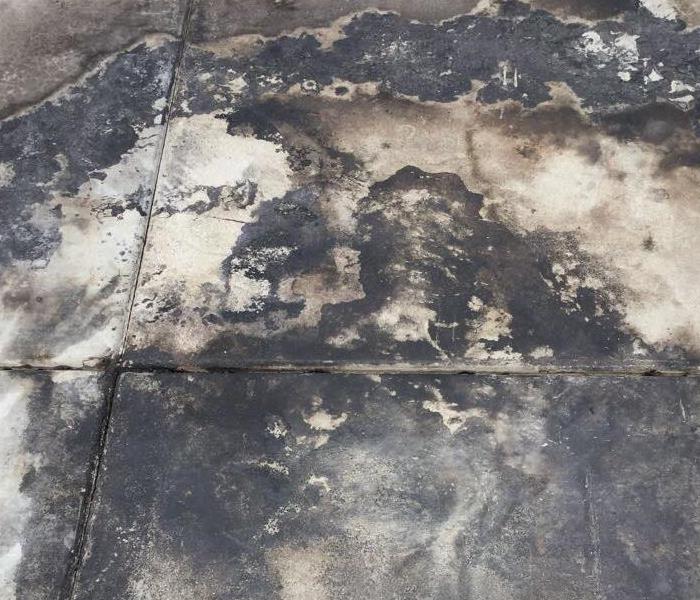Beware of Fire Damage Not Covered by Insurance
8/1/2019 (Permalink)
There are many types of fires that can destroy your commercial building, and some of them are probably covered under your insurance policy. However, fire damage can result from different types of special circumstances, so an insurance adjuster is often sent to evaluate the scene and determine if your building is covered. Understanding the fire exclusions in most insurance policies can help you prevent your West Valley, property from incurring those types of damages.
Unusual Circumstances
Many commercial fire result from unusual circumstances, and some of those are covered under most standard policies. This can include events caused by some of the following:
- Electrical malfunctions
- Lightning strikes
- Defective machines
If the source of the fire is determined to be unintentional, the fire damage will probably be covered, and that is good news for the commercial building or property owner.
Coverage Exclusions
Commercial policies often provide separate coverage for the building and business within. For this reason, property owners may be surprised that part of the building and surroundings are often not included in the standard insurance coverage. Here are a few examples of common exclusions:
- Vehicles, even in parking garages
- Pavement, sidewalks and parking lots
- Foundations, including substructures
- Walls, except as part of the building
Separate policies are available for each of these exclusions, and property owners can purchase the endorsements in almost all areas of the country.
Purposeful Destruction
Another exclusion is arson. A claim for damage resulting from someone intentionally setting a blaze inside the building will almost always be denied, and depending on the circumstances, may also be prosecuted.
If you want to protect your commercial building from fire damage, call in a fire mitigation expert to examine the property and look for possible problems. You can also contact your insurance agent about additions or endorsements to the policy to cover more of your property after a fire. Protecting yourself against a possible destructive fire in a proactive way can help prevent future loss.





 24/7 Emergency Service
24/7 Emergency Service
